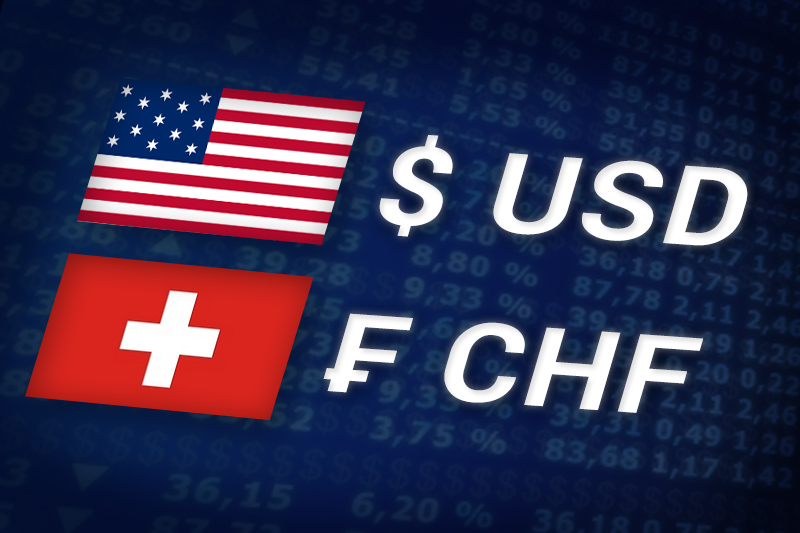Investing.com’s stocks of the week
Investing.com - The U.S. dollar was steady against the Swiss franc on Monday, trading close to a two-week high as safe haven demand continued to remain supported by concerns over Greece’s debt restructuring deal.
USD/CHF hit 0.9162 during European morning trade, the pair’s highest since February 20; the pair subsequently consolidated at 0.9142, inching up 0.04%.
The pair was likely to find support at 0.9045, Friday’s low and resistance at 0.9177, the high of February 20.
Investors were jittery ahead of the March 8 deadline for bondholders to join the agreement under which they will exchange their existing Greek holdings for government bonds in a debt swap deal.
A failure to agree on the debt restructuring deal would put the country back on the brink of a sovereign debt default.
Meanwhile, concerns over the outlook for the euro zone economy lingered despite data showing that retail sales across the region rose unexpectedly in January, climbing for the first time in five months.
A separate report showed that the euro zone's services sector contracted at faster rate than initially expected in February, shrinking for the fifth time in six months.
In Switzerland, official data showed that retail sales increased at the fastest rate in seven months in January, jumping 4.4% year-over-year, after a 1.7% increase the previous month.
The Swissie was fractionally higher against the euro, with EUR/CHF dipping 0.04% to hit 1.2060.
Later in the day, the U.S. was to produce government data on factory orders, while the Institute of Supply Management was to release its closely watched report on U.S. service sector growth.
USD/CHF hit 0.9162 during European morning trade, the pair’s highest since February 20; the pair subsequently consolidated at 0.9142, inching up 0.04%.
The pair was likely to find support at 0.9045, Friday’s low and resistance at 0.9177, the high of February 20.
Investors were jittery ahead of the March 8 deadline for bondholders to join the agreement under which they will exchange their existing Greek holdings for government bonds in a debt swap deal.
A failure to agree on the debt restructuring deal would put the country back on the brink of a sovereign debt default.
Meanwhile, concerns over the outlook for the euro zone economy lingered despite data showing that retail sales across the region rose unexpectedly in January, climbing for the first time in five months.
A separate report showed that the euro zone's services sector contracted at faster rate than initially expected in February, shrinking for the fifth time in six months.
In Switzerland, official data showed that retail sales increased at the fastest rate in seven months in January, jumping 4.4% year-over-year, after a 1.7% increase the previous month.
The Swissie was fractionally higher against the euro, with EUR/CHF dipping 0.04% to hit 1.2060.
Later in the day, the U.S. was to produce government data on factory orders, while the Institute of Supply Management was to release its closely watched report on U.S. service sector growth.
